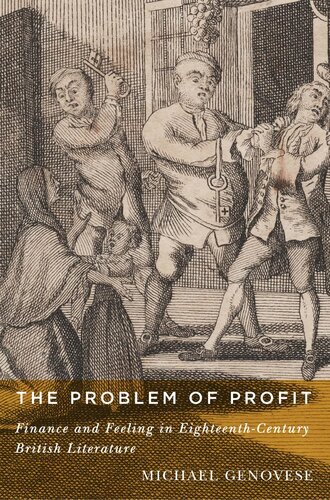

Most ebook files are in PDF format, so you can easily read them using various software such as Foxit Reader or directly on the Google Chrome browser.
Some ebook files are released by publishers in other formats such as .awz, .mobi, .epub, .fb2, etc. You may need to install specific software to read these formats on mobile/PC, such as Calibre.
Please read the tutorial at this link: https://ebookbell.com/faq
We offer FREE conversion to the popular formats you request; however, this may take some time. Therefore, right after payment, please email us, and we will try to provide the service as quickly as possible.
For some exceptional file formats or broken links (if any), please refrain from opening any disputes. Instead, email us first, and we will try to assist within a maximum of 6 hours.
EbookBell Team

4.8
24 reviews"This idea that man lives by trading and trades to make money celebrated the commercial individual, and if he or she turned mercenary, it was taken as the inevitable result of profit seeking. "
"Throughout the following chapters, I argue that eighteenth-century literature purposefully constructed a communitarian version of profit, one that countered the axiom that a tradesperson’s motivation should be self-enrichment. To this end, periodical essays, poems, and novels combined the value of monetary accumulation with that of sympathetic association to divorce financial gain from the individual as self-owner unburdened by social obligation. Holding together the seemingly contradictory ways in which people affectively and financially interacted, this literature treated the autonomous self not as the starting point for the pursuit of profit but as an obstruction to it. "